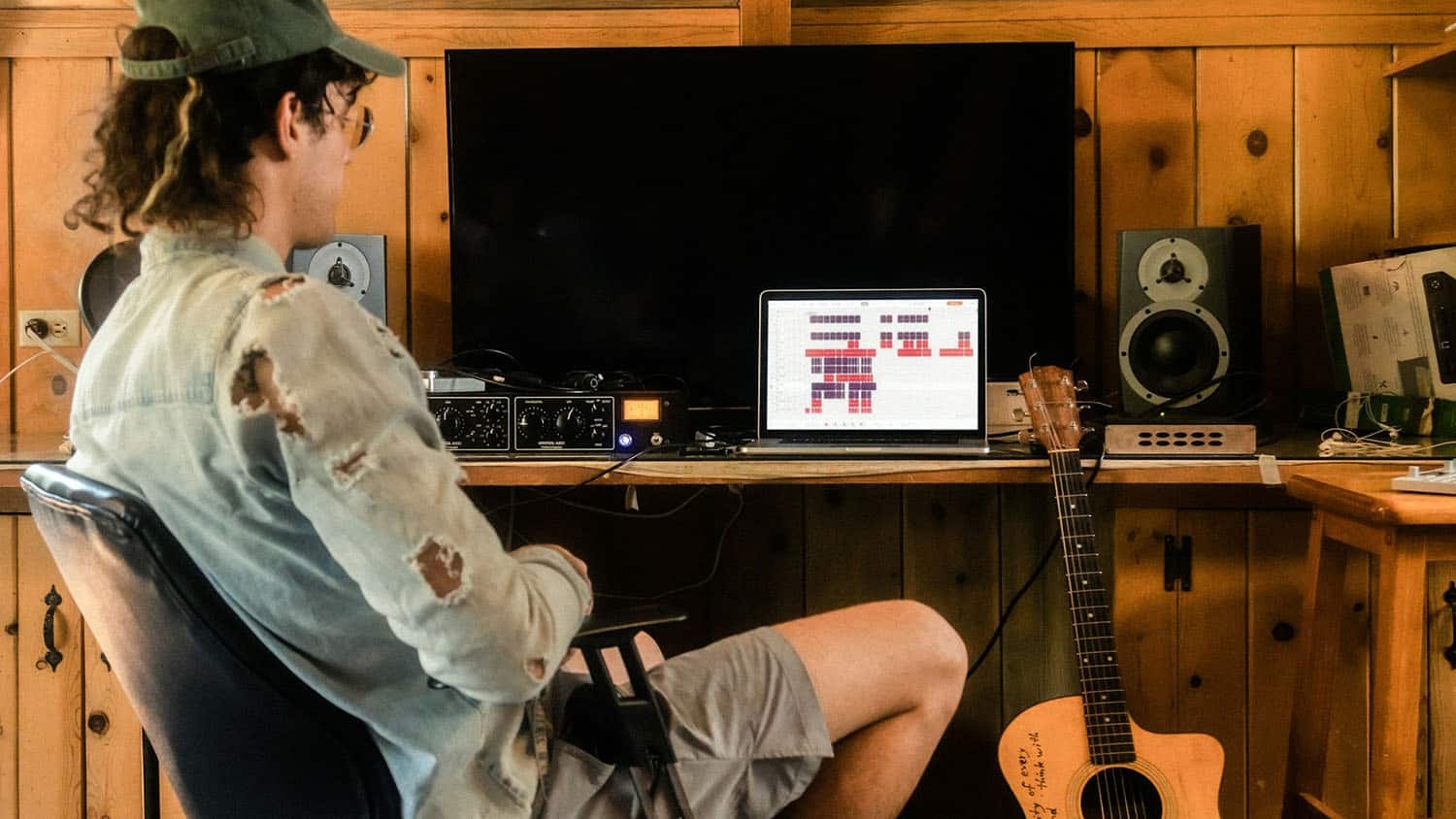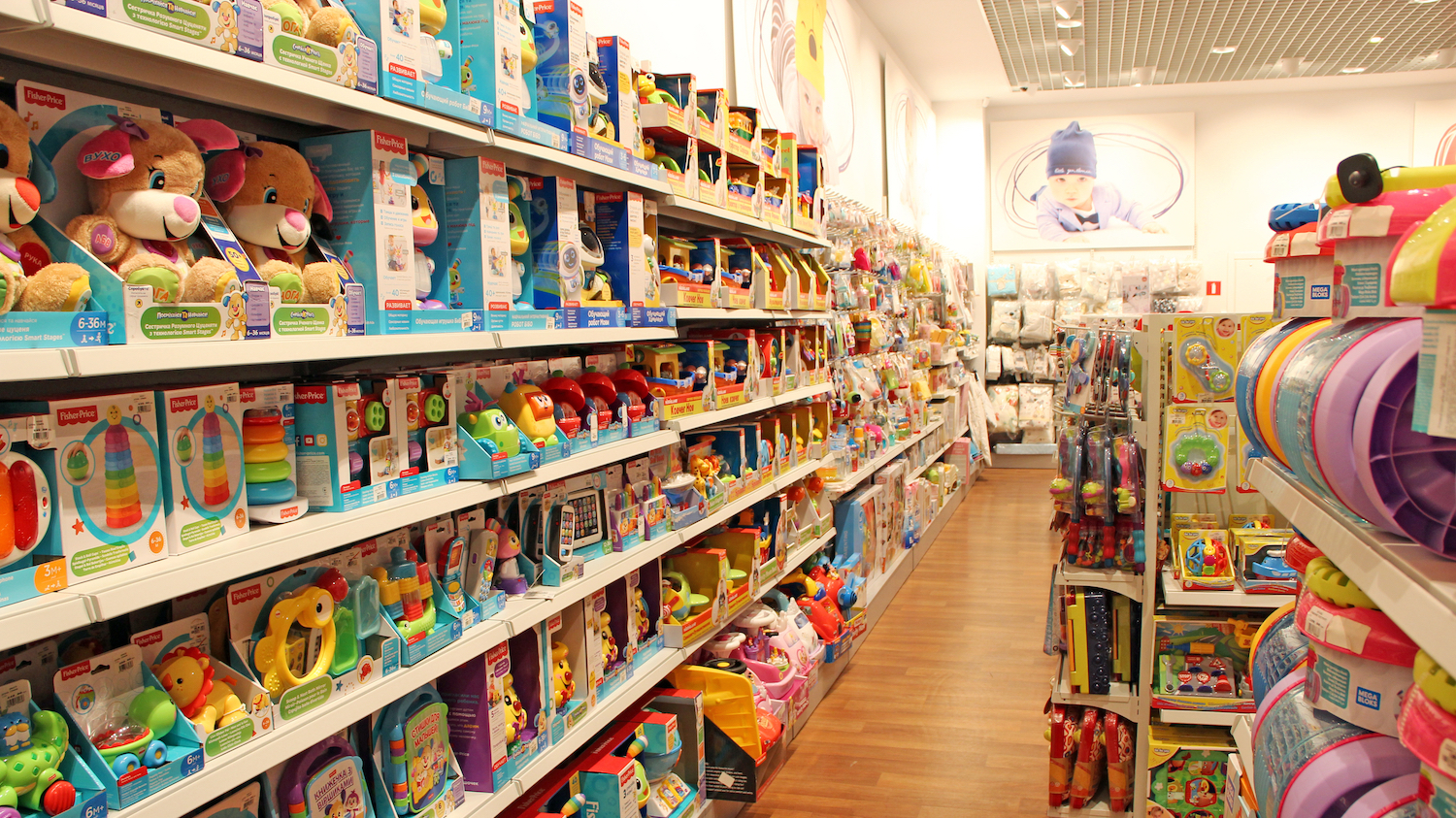For Immediate Release
A recent study finds that hope appears to be more beneficial than mindfulness at helping people manage stress and stay professionally engaged during periods of prolonged stress at work. The study underscores the importance of looking ahead, rather than living “in the moment,” during hard times.
Mindfulness refers to the ability of an individual to focus attention on the present, in a way that is open, curious and not judgmental. Essentially, the ability to be fully in the moment.
“There’s a lot of discussion about the benefits of mindfulness, but it poses two challenges when you’re going through periods of stress,” says Tom Zagenczyk, co-author of a paper on the work and a professor of management in North Carolina State University’s Poole College of Management. “First, it’s hard to be mindful when you’re experiencing stress. Second, if it’s a truly difficult time, you don’t necessarily want to dwell too much on the experience you’re going through.
“Because hope is inherently forward looking, while mindfulness is about appreciating your current circumstances, we wanted to see how each of these two mindsets influenced people’s well-being and professional attitudes during difficult times,” Zagenczyk says. “The COVID pandemic presented us with an unfortunate, but useful, opportunity to explore this topic. And we chose to focus on the performing arts since that sector was particularly hard hit by the pandemic.”
For the study, researchers recruited 247 professional musicians from the organization MusiCares to take two surveys, one month apart. The first survey was given in September 2021. In addition to collecting broad demographic data, study participants were asked about their thoughts and experiences at the beginning of the pandemic – March to August 2020. They were also asked questions aimed at capturing how hopeful and mindful they were from September 2020 through March 2021.
The second survey was given in October 2021 and asked study participants questions aimed at capturing work engagement, work tensions, how positive their emotions were, and the extent to which they were experiencing distress.
The researchers then used statistical techniques to identify relationships between hope, mindfulness, and outcomes related to their personal well-being and attitudes toward work.
“Fundamentally, our findings tell us that hope was associated with people being happy, and mindfulness was not,” says Kristin Scott, study co-author and a professor of management at Clemson University. “And when people are hopeful – and happy – they experience less distress, are more engaged with their work, and feel less tension related to their professional lives.”
“Being mindful can be tremendously valuable – there are certainly advantages to living in the moment,” says Sharon Sheridan, study co-author and an assistant professor of management at Clemson. “But it’s important to maintain a hopeful outlook – particularly during periods of prolonged stress. People should be hopeful while being mindful – hold on to the idea that there’s a light at the end of the tunnel.”
While the study focused on musicians during an extreme set of circumstances, the researchers think there is a takeaway message that is relevant across industry sectors.
“Whenever we have high levels of job stress, it’s important to be hopeful and forward looking,” says Emily Ferrise, study co-author and a Ph.D. student at Clemson. “And to the extent possible, there is real value for any organization to incorporate hope and forward thinking into their corporate culture – through job conditions, organizational communications, etc.”
“Every work sector experiences periods of high stress,” says Zagenczyk. “And every company should be invested in having happy employees who are engaged with their work.”
The paper, “Work-related Resilience, Engagement and Wellbeing Among Music Industry Workers During the Covid-19 Pandemic: A Multiwave Model of Mindfulness and Hope,” is published open-access in the journal Stress and Health.
-shipman-
Note to Editors: The study abstract follows.
“Work-related Resilience, Engagement and Wellbeing Among Music Industry Workers During the Covid-19 Pandemic: A Multiwave Model of Mindfulness and Hope”
Authors: Kristin L. Scott, Sharon Sheridan and Emily Ferrise, Clemson University; Tom Zagenczyk, North Carolina State University
Published: Aug. 30, Stress and Health
DOI: 10.1002/smi.3466
Abstract: We surveyed workers in the performing arts sector to explore the role of positive mindsets in facilitating work-related resilience, engagement and reduced stress using retrospective reporting surveys during the Covid-19 work shut down period. Integrating conservation of resources theory with research on metacognitive self-regulation, we controlled for the severity of the Covid-19 impact and negative affect and found that hope (but not mindfulness) predicted professional engagement, resiliency and reduced tension and distress over time. Further, the relationships between hope and outcomes were mediated by positive affect (PA). Mindfulness was not indirectly (via PA) related to outcomes (i.e., engagement, resiliency, job tension, distress) but was directly and negatively related to job tension and distress. These findings suggest that in times of intense stress or adversity, future-oriented thinking such as hope may be more effective than mindfulness in sustaining positive mindsets and action-oriented outcomes such as engagement. Implications for practice and future research are discussed.
This post was originally published in NC State News.
- Categories:



